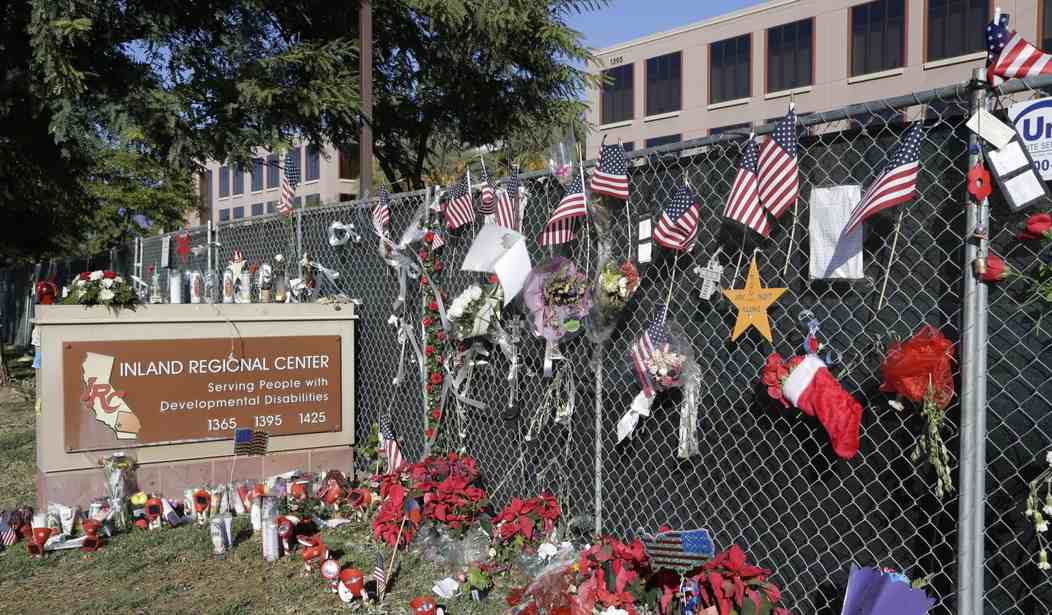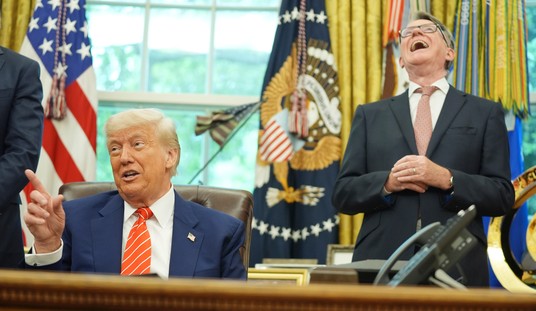The United States lost one of its most ardent defenders of religious liberty on Saturday when Supreme Court Justice Antonin Scalia died at age 79.
Scalia, a Roman Catholic, whose son is a priest, often found himself on the wrong side of liberal court rulings that undermined the Constitution but on the right side of American history. He never wavered in his view that the founders believed in God and built a nation with Him in mind, even as they forbade religious favoritism.
Scalia made that case again just a few weeks ago in a speech to a Louisiana Catholic school, but he was best known for doing it more formally, in a courtroom setting. Here are three times when Scalia took stands for the free exercise of religion even though it wasn’t popular with his colleagues:
1. Board of Education of Kiryas Joel Village School v. Grumet (1989, 6-3 decision)
Scalia chastised the majority for overturning the boundaries of a New York school district because they were drawn to mirror those of the Hasidic Jewish community. Scalia said the ruling “continues, and takes to new extremes, a recent tendency in the opinions of this court to turn the establishment clause into a repealer of our nation’s tradition of religious toleration.”
2. Texas Monthly Inc. v. Bullock (1989, 6-3 decision)
Scalia called the court’s ruling against Texas’ tax break for religious publications “a judicial demolition project” that affected at least 15 states. “It is not right — it is not constitutionally healthy — that this court should feel authorized to refashion anew our civil society’s relationship with religion, adopting a theory of church and state that is contradicted by current practice, tradition and even our own case law.”
3. Lee v. Weisman (1992, 5-4 ruling)
In this Rhode Island case, Scalia condemned as “social engineering” the court’s rejection of graduation prayers at public schools. He said the ruling “lays waste a tradition that is as old as public school graduation ceremonies themselves, and that is a component of an even more longstanding American tradition of nonsectarian prayer to God at public celebrations generally.”
Scalia firmly believed, as he said in Louisiana, that Americans have prospered because they have “honored God on the pretext that the Constitution requires it.” But with his voice silenced by natural causes, the open question is whether anyone on the Supreme Court will care as much as he did about protecting that tradition.
Scalia himself had his doubts. “The court must be living in another world,” he wrote in dissenting from a 1996 free-speech decision. “Day by day, case by case, it is busy designing a Constitution for a country I do not recognize.”









Join the conversation as a VIP Member